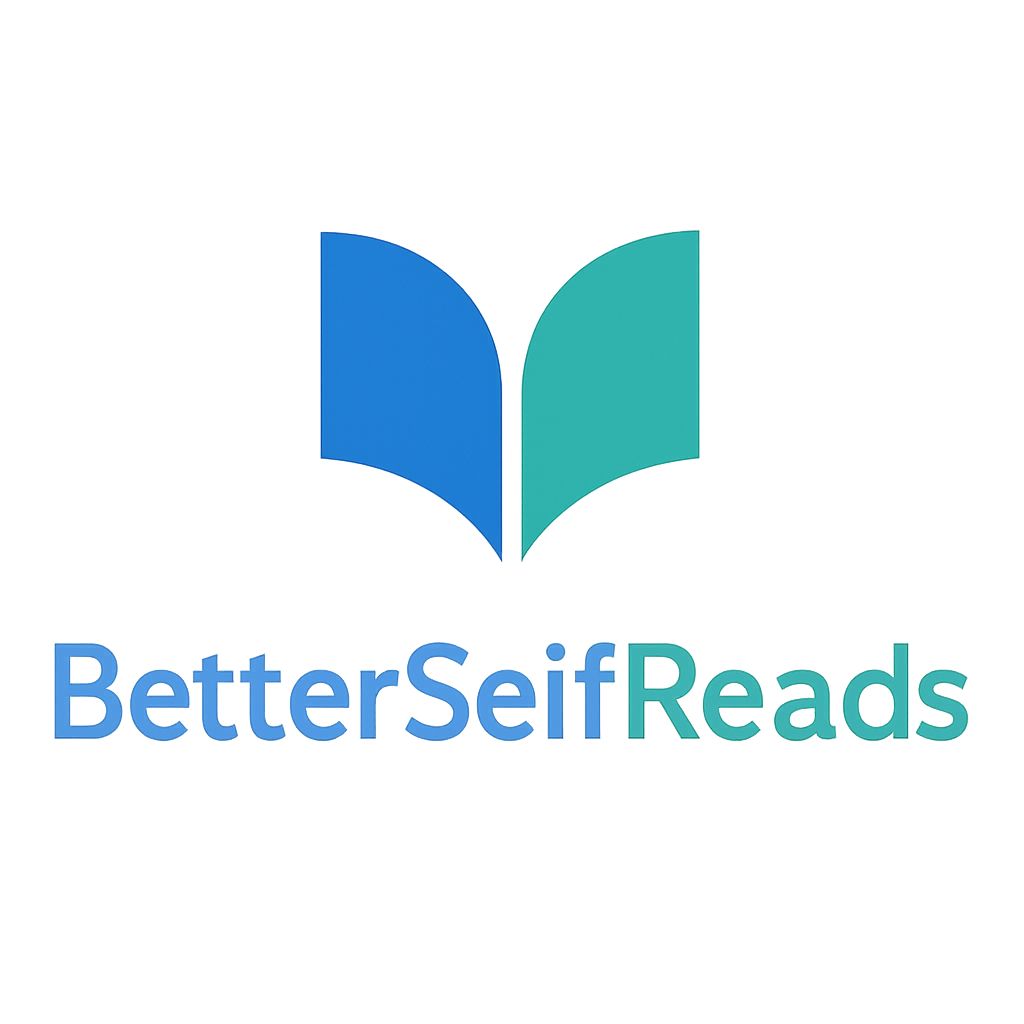
Life today can feel like a constant race. The deadlines at work, the noise of social media, the family responsibilities, and even the endless notifications on our phones all of these add up to a state of constant pressure.
Many of us wake up already tired, go through the day in a rush, and fall asleep with our minds still buzzing.
If this sounds familiar, you might be searching for ways to slow down, breathe, and find peace again. The good news is that there are books on how to relax and reduce stress that can serve as guides to restore balance in your life.
These books remind us of something we often forget: relaxation is not a luxury, it’s a necessity.
Stress may never fully disappear, but with the right mindset and tools, you can change the way you respond to it. The answer isn’t to escape life’s challenges but to approach them with more calm, clarity, and inner strength.
Why Stress Is More Than Just “Being Busy”

When people say they are stressed, they often think of it as being simply overworked. But stress is deeper than that it is the body’s natural reaction to pressure. A little bit of stress can motivate you to perform well, but too much of it for too long can harm your health.
Chronic stress is linked to poor sleep, weakened immunity, headaches, digestive issues, and even heart problems (source: Mayo Clinic).
Beyond the physical effects, stress also impacts your emotions. It can make you irritable, anxious, and less patient with the people you love.
That’s why learning about stress management is essential. Turning to books on how to relax and reduce stress helps you understand what’s happening inside your mind and body, and it gives you strategies to break free from harmful patterns.
The Science of Relaxation (Explained Simply)
Relaxation is not just “doing nothing.” It is an active process where your body shifts from a state of tension to a state of balance. Scientists call this the activation of the parasympathetic nervous system, sometimes described as the “rest and digest” mode (source: Mindful).
When this system is activated, your heart rate slows, your breathing deepens, and your muscles release their tightness.
The problem is that modern life keeps many of us in the opposite state the “fight or flight” mode even when no real danger is present.
Books on how to relax and reduce stress often explain these processes in simple language, showing you how something as small as deep breathing, journaling, or practicing mindfulness can trigger your body’s natural ability to calm down.
The Gentle Power of Reading
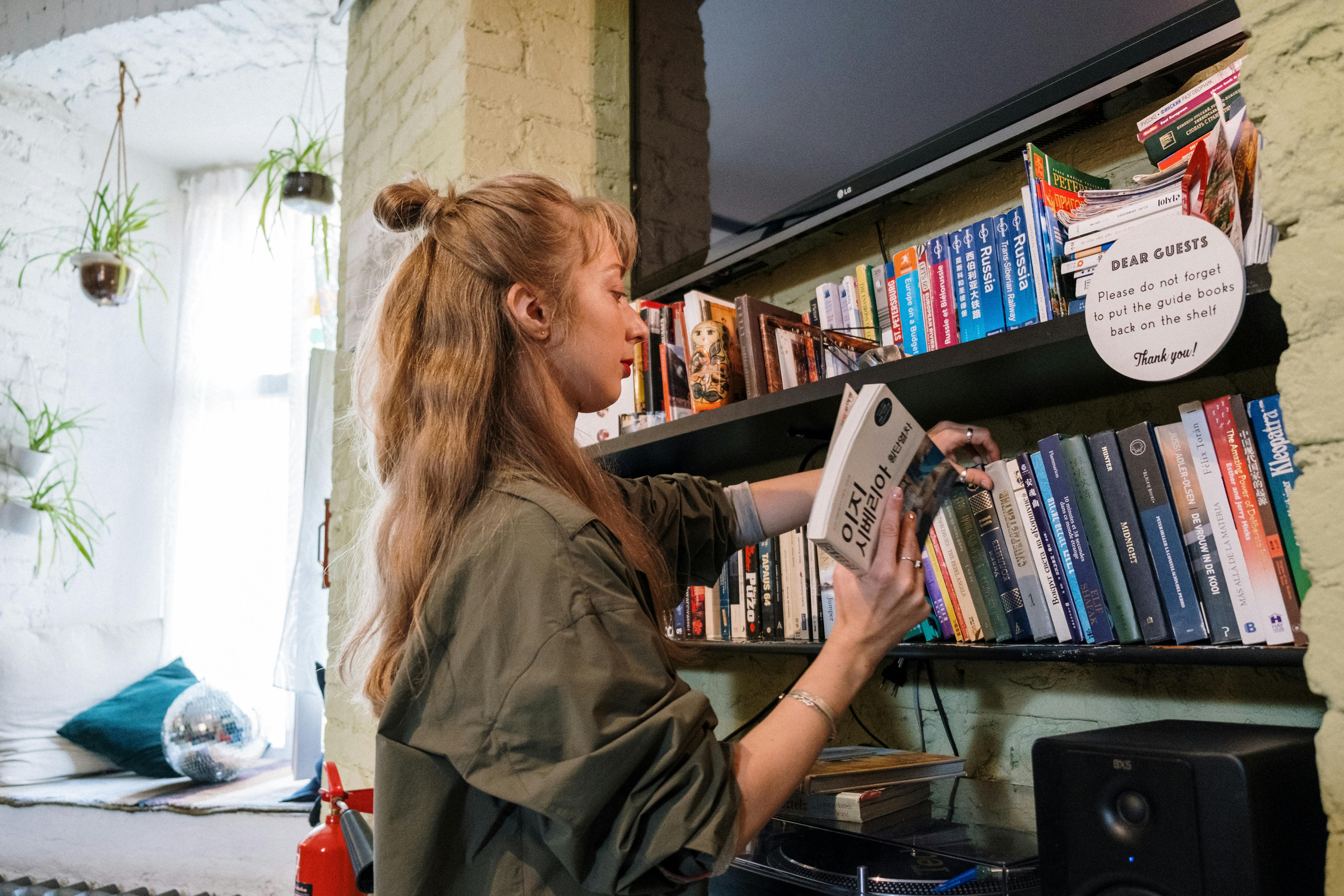
Interestingly, reading itself is one of the simplest relaxation techniques. When you sit with a book, you naturally slow your pace.
You leave behind the constant pings of your phone and the overwhelming flood of information online. Reading requires focus and presence, and that in itself creates a calming rhythm for the mind (source: University of Sussex).
Choosing books on how to relax and reduce stress amplifies this effect. Not only are you slowing down by reading, but you are also filling your mind with comforting words, practical techniques.
And compassionate reminders that you are capable of change. It’s almost like sitting down with a wise friend who truly understands what you’re going through.
Common Stress Triggers in Daily Life
Before relaxation techniques can truly work, it helps to identify what is stressing you out. Stress is not the same for everyone.
For some, it’s workplace pressure. For others, it’s financial worries, relationship struggles, or even the constant fear of not being “good enough.”
Books on how to relax and reduce stress often help you recognize these patterns in your own life. They encourage you to pause and ask: What exactly is making me feel tense right now? Sometimes the answer is surprising it might not be the big deadlines but the small daily habits, like never taking breaks or saying yes to everything. Awareness is the first step toward change.
Benefits of Relaxation and Stress Reduction

Why should you care about learning to relax? Because the benefits touch every part of your life:
Better health: Lower blood pressure, improved sleep, and stronger immunity (source: National Institute of Mental Health).
Clearer mind: Less mental fog, more focus, and better decision-making.
Improved relationships: When you’re calm, you communicate with more patience and empathy.
More energy: Relaxation doesn’t make you lazy; it helps you recharge so you can do more with less effort.
Happier mood: Stress reduction is strongly linked to greater emotional balance and resilience.
When you explore books on how to relax and reduce stress, you’ll often find stories of people who transformed their lives not by changing everything around them, but by learning new ways of responding to the same situations.
How Books Teach You to Relax
So how exactly do books help? Here are some common approaches you’ll discover in them:
1. Mindfulness and presence – Training your mind to stay in the current moment instead of worrying about the past or future.
2. Breathing exercises – Using slow, deep breaths to activate relaxation in the body.
3. Shifting perspective – Learning to see challenges as temporary and manageable, not overwhelming.
4. Self-compassion – Treating yourself with kindness instead of constant self-criticism.
5. Creating small rituals – Simple actions, like having tea mindfully or walking in nature, that anchor your day in calm.
Choosing books on how to relax and reduce stress amplifies this effect. Not only are you slowing down by reading, but you are also filling your mind with comforting words, practical techniques, and compassionate reminders that you are capable of change.
If you enjoy audiobooks, you might also find our list of the best self-help audiobooks of 2025 helpful for moments when reading isn’t possible.
Building Habits That Last

Reading is the starting point, but applying what you read is what brings change. Stress doesn’t disappear overnight; it melts away gradually as you practice new habits.
For example, you might start with just five minutes of deep breathing before bed, then add journaling about your worries, and later create a morning routine that sets a peaceful tone for the day.
Over time, these small actions become natural. The lessons from books on how to relax and reduce stress aren’t meant to be used once and forgotten they are meant to become part of your lifestyle. For more insights on building effective habits and creating lasting change, you can check out our detailed comparison of Atomic Habits vs The Power of Habit.
Choosing the Right Book for You
Not every book will resonate with everyone. Some people prefer scientific explanations, while others want gentle storytelling and emotional support. When looking at books on how to relax and reduce stress, ask yourself:
Do I want practical exercises I can try right away?
Am I looking for a deeper understanding of why I feel stressed?
Would I benefit more from psychological insights or spiritual reflections?
Do I need something short and simple, or a detailed guide?
Choosing the right style makes a big difference. The best book for you is the one that speaks to your current needs and feels like a conversation you want to continue.
Stress Relief as a Lifelong Journey
Relaxation is not something you achieve once and keep forever it’s a practice, like exercising or eating well. Life will always bring new challenges, but with the wisdom from books on how to relax and reduce stress, you’ll know how to face them differently.
Instead of feeling powerless, you’ll have a toolkit of strategies and a mindset that supports your well-being.
The journey of learning to relax is also a journey of self-discovery. You learn what truly matters to you, what drains your energy, and what restores it.
Over time, you build resilience not by avoiding difficulties, but by facing them with greater calm and clarity.
Recommended Books on How to Relax and Reduce Stress
Exploring different perspectives is one of the best ways to find the right method for easing your mind. Below is a list of carefully chosen books on how to relax and reduce stress, each offering unique insights and approaches. Whether you are drawn to science, mindfulness, or practical daily strategies, there’s something here to guide you toward balance.
1. The Relaxation Response by Herbert Benson
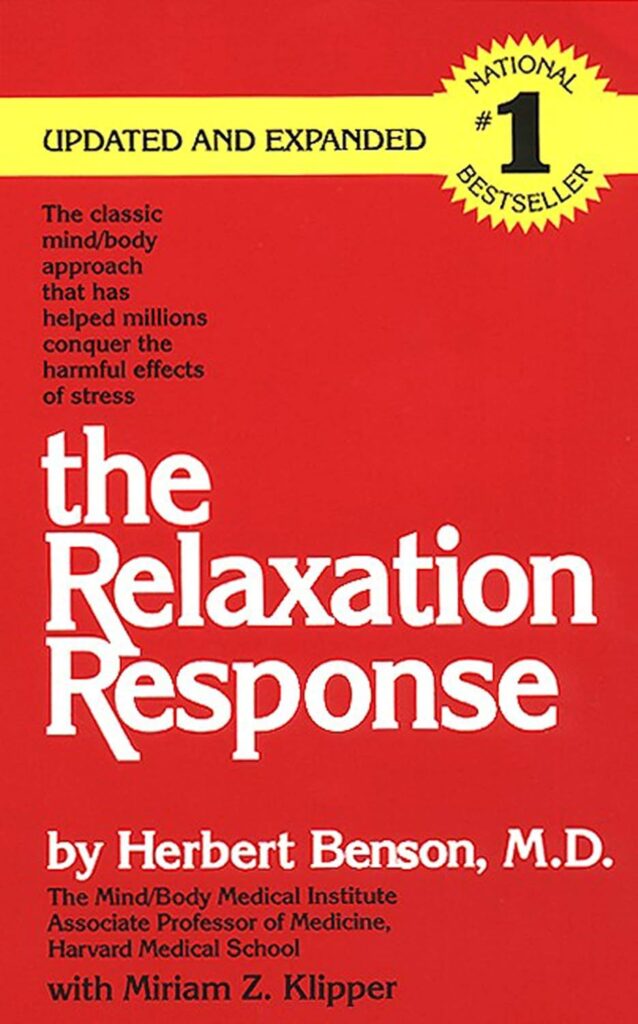
Why This Book Matters
This book is often considered the foundation of modern stress management literature. Herbert Benson, a Harvard physician, explains the science of relaxation in a way that feels accessible. He introduces the concept of the “relaxation response,” a natural state your body can enter when you practice simple techniques like deep breathing and mental focus.
How It Helps You Relax
What makes this book powerful is its simplicity. You don’t need advanced training or long hours of practice just a few minutes a day to activate your body’s natural calming mechanism. Readers often find that even small steps can create noticeable shifts in how they handle daily pressure.
2. Wherever You Go, There You Are by Jon Kabat-Zinn
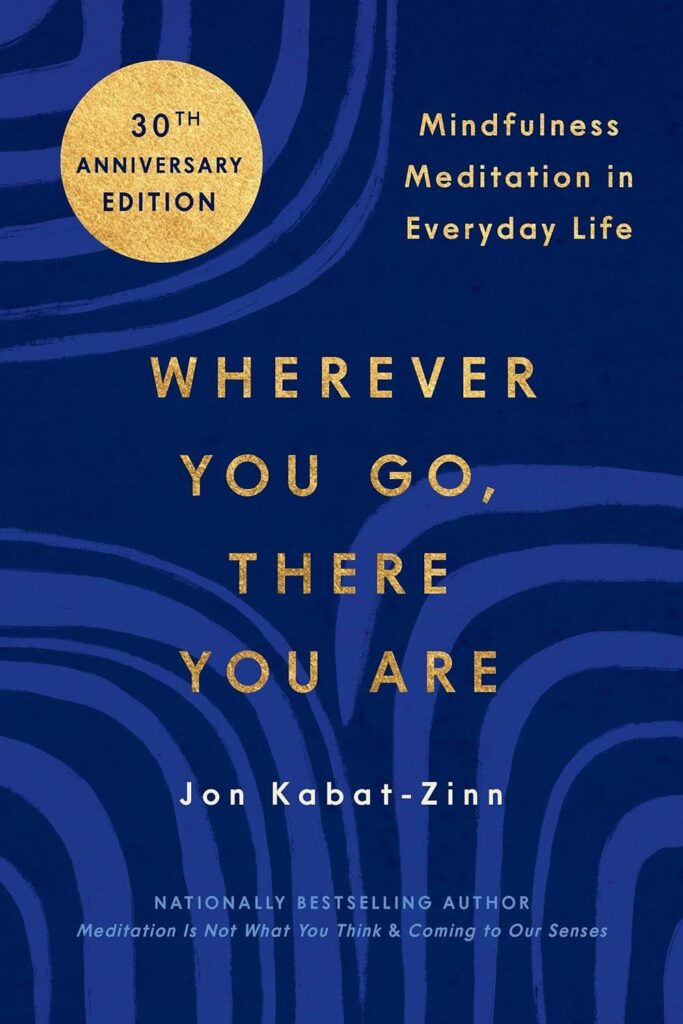
Why You Should Read This Book
Mindfulness has become a global movement, and Jon Kabat-Zinn is one of the key figures behind it. His book gently introduces mindfulness as a way of living, not just a practice. Instead of chasing peace outside yourself, he shows you how to discover it in every moment.
Ways This Book Helps You Unwind
The language is simple, direct, and deeply human. You’re not asked to escape life’s challenges, but to face them with awareness. Many readers say this book feels like an invitation to pause and breathe, making it one of the most approachable books on how to relax and reduce stress.
3. Radical Acceptance by Tara Brach
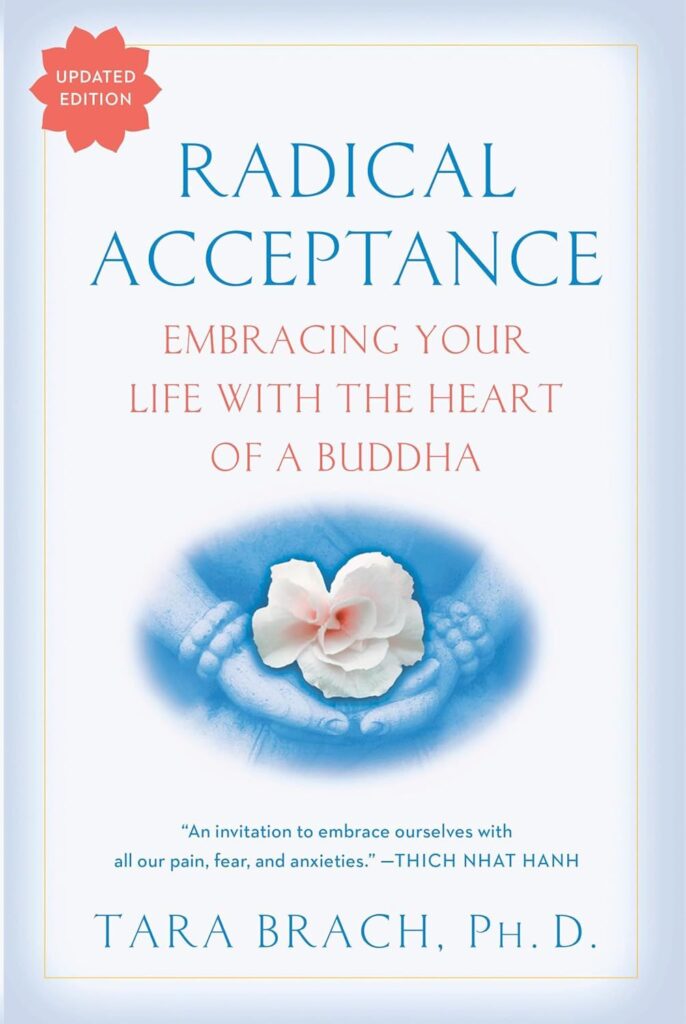
What Makes This Book Worth Your Time
Stress often stems from our own inner battles judging ourselves, wishing things were different, or feeling we’re not enough. Tara Brach combines psychology and Buddhist wisdom to guide readers into self-compassion and acceptance.
How Reading This Book Can Ease Your Mind
Instead of resisting or denying your feelings, this book shows you how to soften into them with kindness. Readers find that by embracing themselves fully, they release a large part of the tension they carry. It’s not just about relaxation; it’s about healing emotional wounds that fuel stress.
4. The Little Book of Stress Relief by David Posen
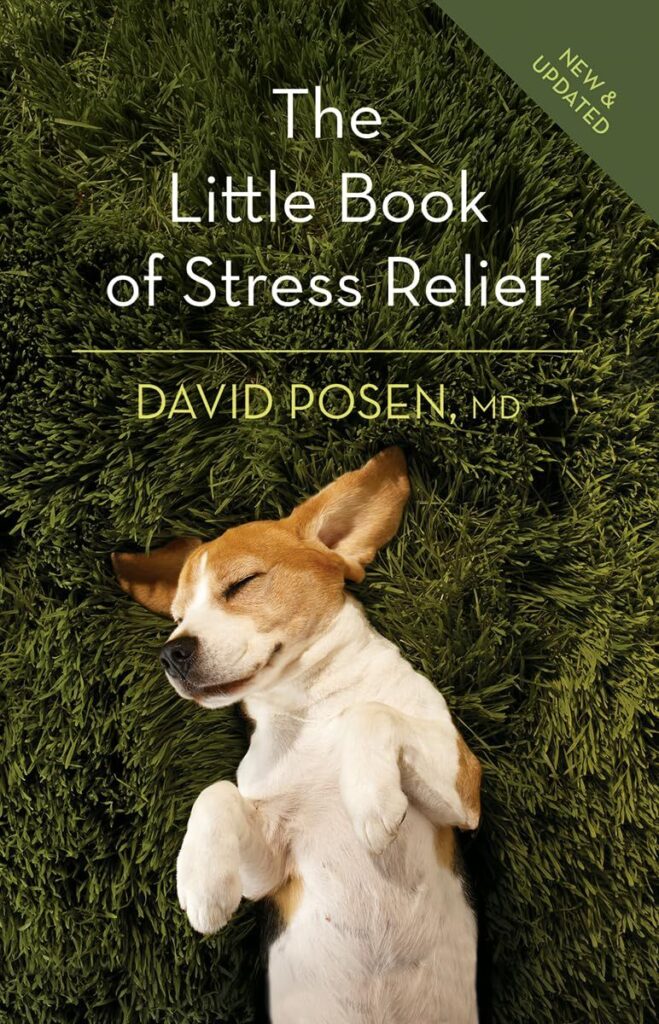
The Value of Reading This Book
Sometimes stress management feels overwhelming because advice is too complicated. David Posen takes the opposite approach—he offers straightforward, relatable strategies in bite-sized chapters.
The Relaxation Benefits of This Book
Each tip feels doable in real life: learning to say no, creating time boundaries, and breaking tasks into smaller steps. It’s practical and down-to-earth, making it one of the most helpful books on how to relax and reduce stress for busy people who want quick wins.
5. How to Stop Worrying and Start Living by Dale Carnegie
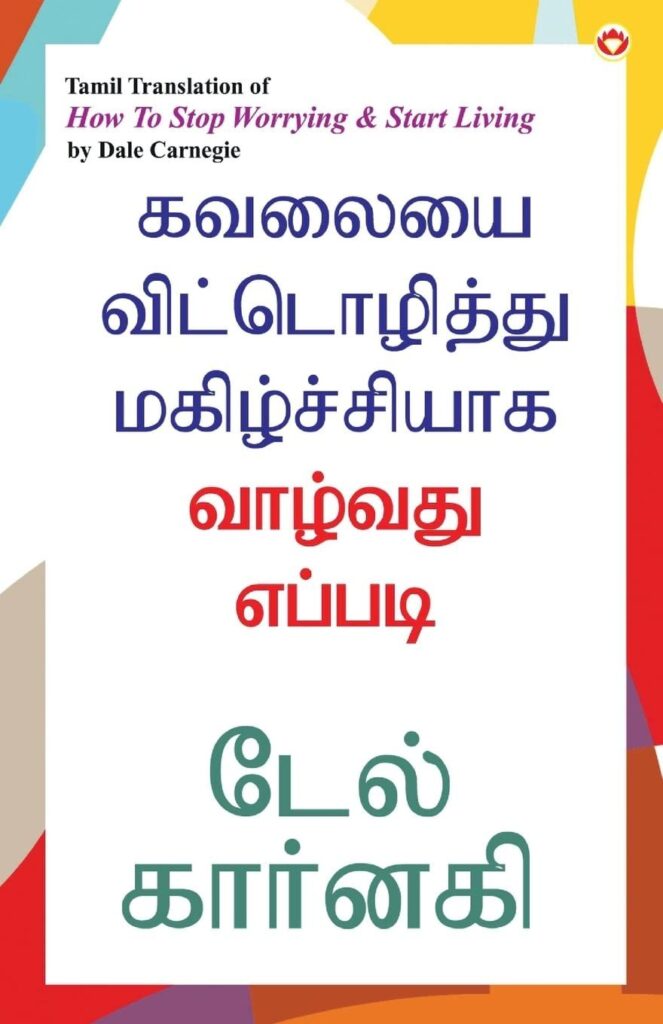
The Importance of This Book
Though published decades ago, this book remains timeless. Dale Carnegie understood the destructive power of worry and its link to stress long before modern psychology confirmed it.
How This Book Guides You to Calmness
Carnegie shares relatable stories and practical lessons that remind readers to focus on the present and let go of unnecessary fears. Its warm, motivational tone makes it feel like a mentor is guiding you through life’s toughest moments. Many readers find themselves rereading it during difficult times for comfort and clarity.
Why These Books Stand Out
Each of these titles addresses stress from a different angle:
Some focus on science and the body’s natural ability to heal.
Others highlight mindfulness and the power of awareness.
Some provide practical, everyday tools for immediate relief.
Others invite you into emotional healing through compassion and acceptance.
Together, they form a library of wisdom that can guide anyone searching for reliable books on how to relax and reduce stress. By exploring them, you’ll find not only techniques to ease your tension but also perspectives that reshape the way you experience life.
Conclusion
Stress is part of life, but it doesn’t have to control you. By turning to books on how to relax and reduce stress, you open the door to new ways of living ways that value balance, presence, and inner peace. These books remind you that calm is not something you have to chase outside yourself; it is something you can cultivate from within.
Each page you read becomes a step toward reclaiming your energy, your health, and your joy. The lessons may be simple breathe deeply, slow down, be kind to yourself but when practiced consistently, they can reshape your entire experience of life.
In the end, the choice is yours: continue running at the pace of stress, or pause, pick up a book, and allow yourself to discover a gentler, more peaceful way forward.
Frequently Asked Questions About Books on How to Relax and Reduce Stress
1. How can books really help me reduce stress?
Books on how to relax and reduce stress don’t just provide tips they guide you through practices that train your mind and body to respond differently to pressure. Reading these books also creates a natural pause in your day, giving you time to slow down, reflect, and breathe.
2. Which type of book is best for beginners?
It depends on your personal style. Some people prefer practical exercises and step-by-step guides, while others enjoy stories, reflections, or mindfulness techniques. The best books on how to relax and reduce stress are those that feel approachable and speak directly to your current needs.
3. How often should I practice what I read in these books?
Consistency is key. Even small daily practices like five minutes of mindful breathing, journaling, or quiet reflection can gradually reduce stress. Over time, these habits become second nature, and you’ll notice a real difference in how you handle tension.
4. Can reading alone make me feel calmer?
Yes, reading can be therapeutic on its own. Immersing yourself in calming content slows down your mind and gives you a sense of presence. When combined with practical exercises from books on how to relax and reduce stress, the effect is even stronger.
5. How do I choose the right book for my situation?
Ask yourself: What am I hoping to achieve better sleep, less anxiety, or more emotional balance? Do I want practical steps or reflective guidance? Consider books that match your goals and feel easy to connect with; this increases the likelihood that you’ll actually apply what you read.
We hope this guide to books on how to relax and reduce stress inspires you to pause, breathe, and try new techniques. What’s your favorite way to unwind? Share your thoughts in the comments and join our community in discovering simple, practical ways to bring more calm and balance into daily life.
